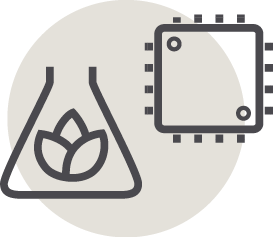Research Australia is delighted that research is firmly on the agenda for the Royal Commission into Aged Care Quality and Safety.
The peak body’s Chief Executive Nadia Levin welcomed the news that among the more than 100 recommendations made by counsel to the Commissioners, were several very important recommendations relating to research.
Importantly, Counsel has recommended establishing a dedicated Aged Care Council to set a strategy and agenda for research and development into aged care. A dedicated aged research fund with an annual budget of 1.8% of government expenditure on aged care has also been recommended.
‘This would be a welcome boost to aged care research in Australia and has the potential to lead to better, higher quality and safer care, said Ms Levin. ‘In fact, I don’t think this promise of a better system can be delivered without more research, it is absolutely essential.’
Research Australia has made the case on several occasions for increasing research into aged care and ageing. We urged the inclusion of research in the Commission’s original terms of reference and have liaised with the Commission’s officers to connect them with researchers who were able to assist the Inquiry.
The aim is to prioritise research that involves co-design with older people, their families and the aged care workforce, and to facilitate networks between researchers, industry and government. The scope of research is broad, encompassing technology pilots and innovation projects, and assisting the translation of research into practice to improve aged care.
In a series of related recommendations, data collection across aged care should be improved and a national minimum aged care dataset developed under the auspice of the Australian Institute for Health and Welfare.
The Commissioners are now considering the evidence they have received and are due to provide their final report to the Australian Government by the end of February next year. (They may accept, reject or modify Counsel’s recommendations.) More information about the Royal Commission, including the final submissions, is available here.
Research Australia will continue its advocacy focus along with its members such as NARI, CSIRO, University of Queensland, Flinders University and the University of Wollongong to keep research firmly on the agenda as the Royal Commission considers its response.
Please join our efforts through contributing to Research Australia’s submission due on the 12th November via greg.mullins@researchaustralia.org







